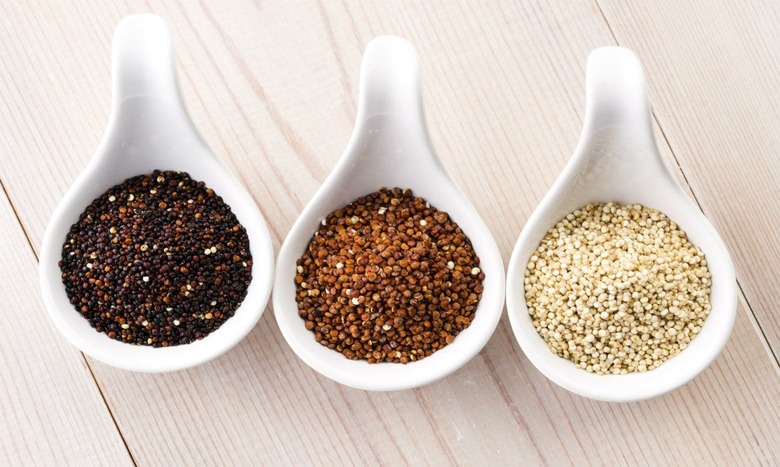What Is Quinoa?
With the new organic health movement pushing less meat and more vegetables in our diets, there is still a great need for natural and affordable foods that are high in protein. The search for a healthy, organic alternative to meat has seemingly come to an end with the discovery of quinoa. Quinoa is delicious, easy, and a great alternative to rice and meat. (Photo courtesy of flickr/Emily Barney)
Quinoa, a plant native to South America (particularly Peru, Bolivia, and Chile), has been enjoyed by indigenous people for more than 5,000 years. It's a staple food for South Americans — praised for its nutritional value and survival properties. It's able to withstand high altitudes, cold temperatures, and intense sun. This crop became so important to South American cultures that ceremonies were held to celebrate its yearly crop. However, when the Spanish invaded the Inca region in the 16th century, quinoa consumption and celebrations were banned because they interfered with Christian cultures. Thankfully, quinoa still grew in the wild, so it was never completely destroyed. (Photo courtesy of flickr/net_efekt)
In the 1980s, two adventurous young Americans discovered the nutritional value of quinoa and began to grow it in Colorado. The rest is history. Today, quinoa is used as a versatile grain, enjoyed by many for both its nutritional benefits and as an ingredient that brings an exotic flair to otherwise ordinary dishes. Quinoa is an amino acid-rich complete protein seed that has a fluffy and nutty texture when cooked. A complete protein has all nine essential amino acids, which makes it a good source of carbohydrates and protein. With the same consistency as rice, this seed is a much healthier alternative. It's a great source of lysine, magnesium, copper, iron, and phosphorus. Lysine is essential for tissue growth and repair, and magnesium helps relax blood vessels, which helps to prevent migraines. Quinoa is also a great source of riboflavin (vitamin B2), which helps facilitate proper energy production within cells.
The health benefits of quinoa seem to be endless. Quinoa has shown to improve cardiovascular health because of its high concentration of magnesium — high levels of magnesium are shown to decrease rates of hypertension and heart disease. Cardiovascular improvement is extremely important for postmenopausal women. For women who have high blood pressure or cholesterol during menopause, quinoa's properties can help lower it immensely.
So, let quinoa into your kitchen (and for all you men out there, make sure your wife gets it!)! It can be the perfect breakfast, side dish, salad, or main meal, and is suited for vegans, vegetarians, and meat lovers alike! Its health benefits are too good to pass up. (Photo courtesy of flickr/GirlsEyeView)
